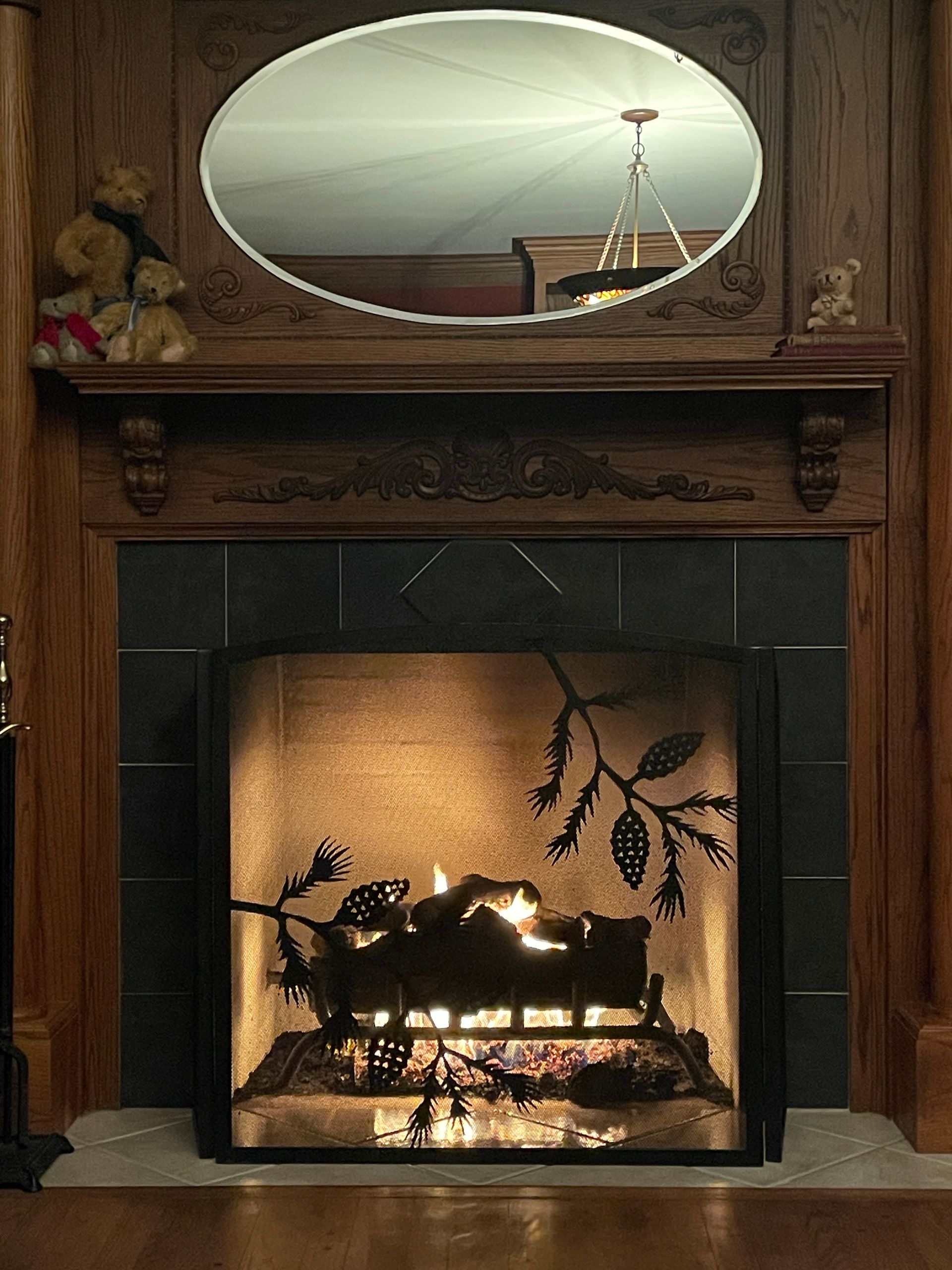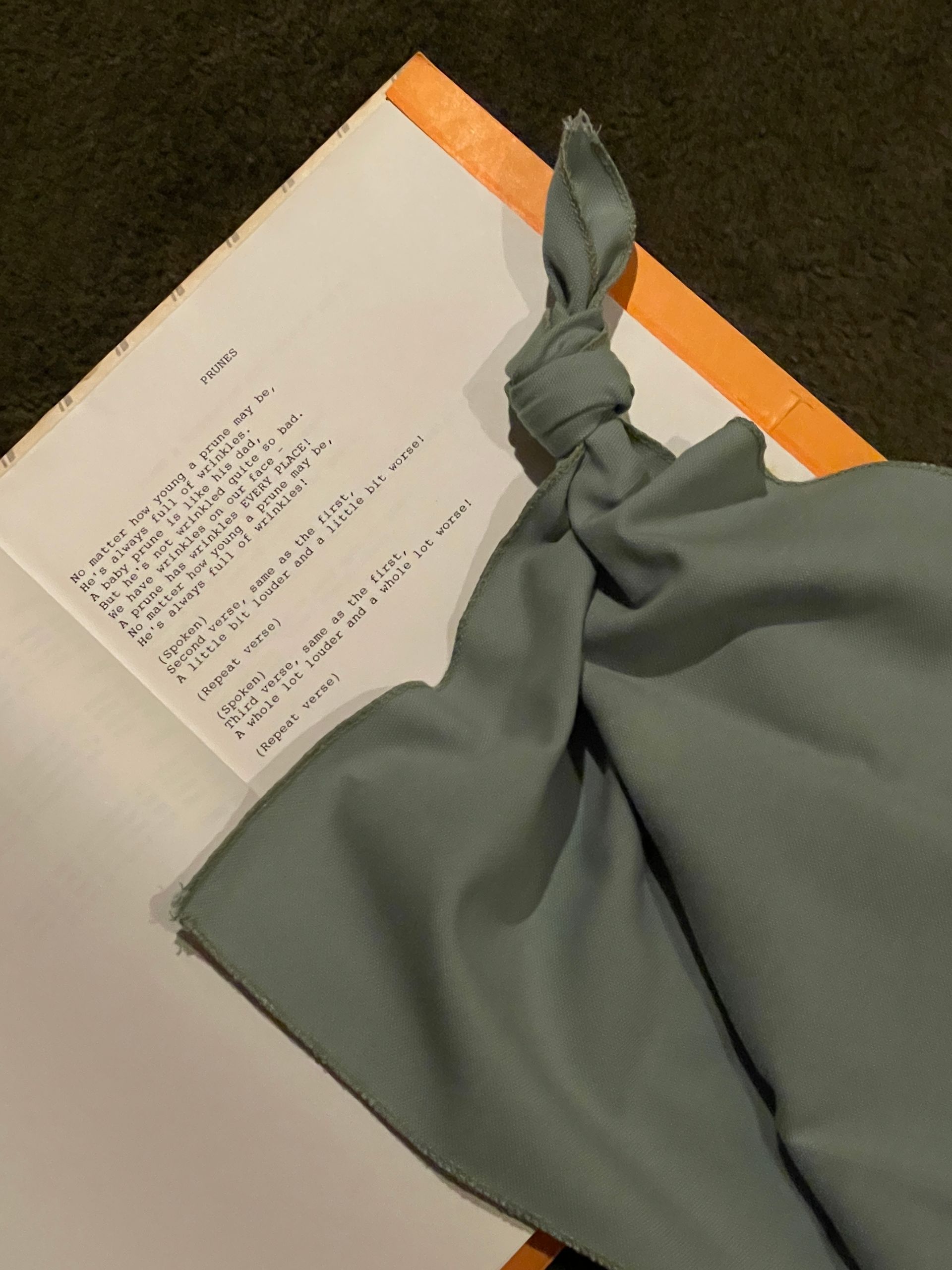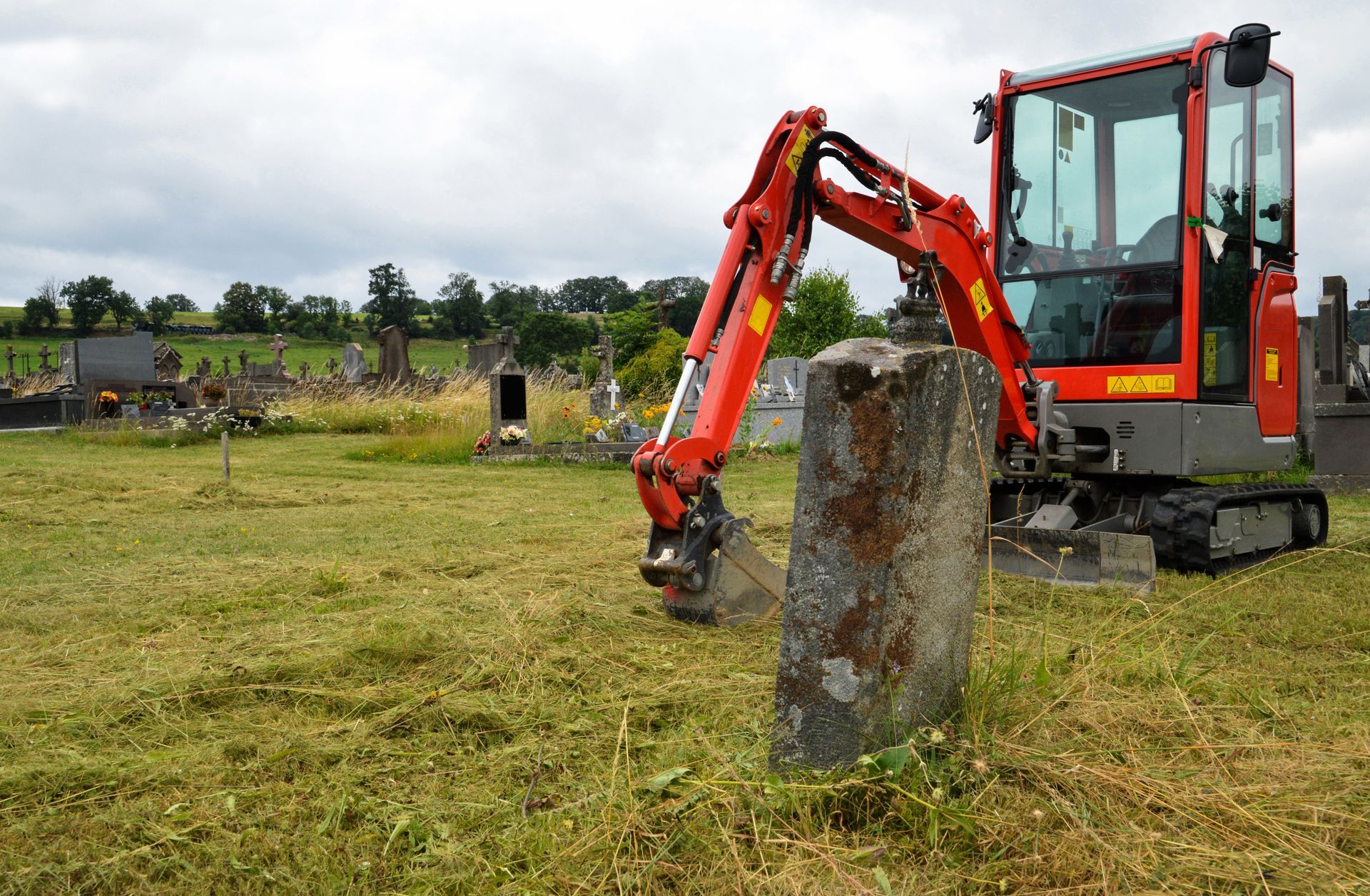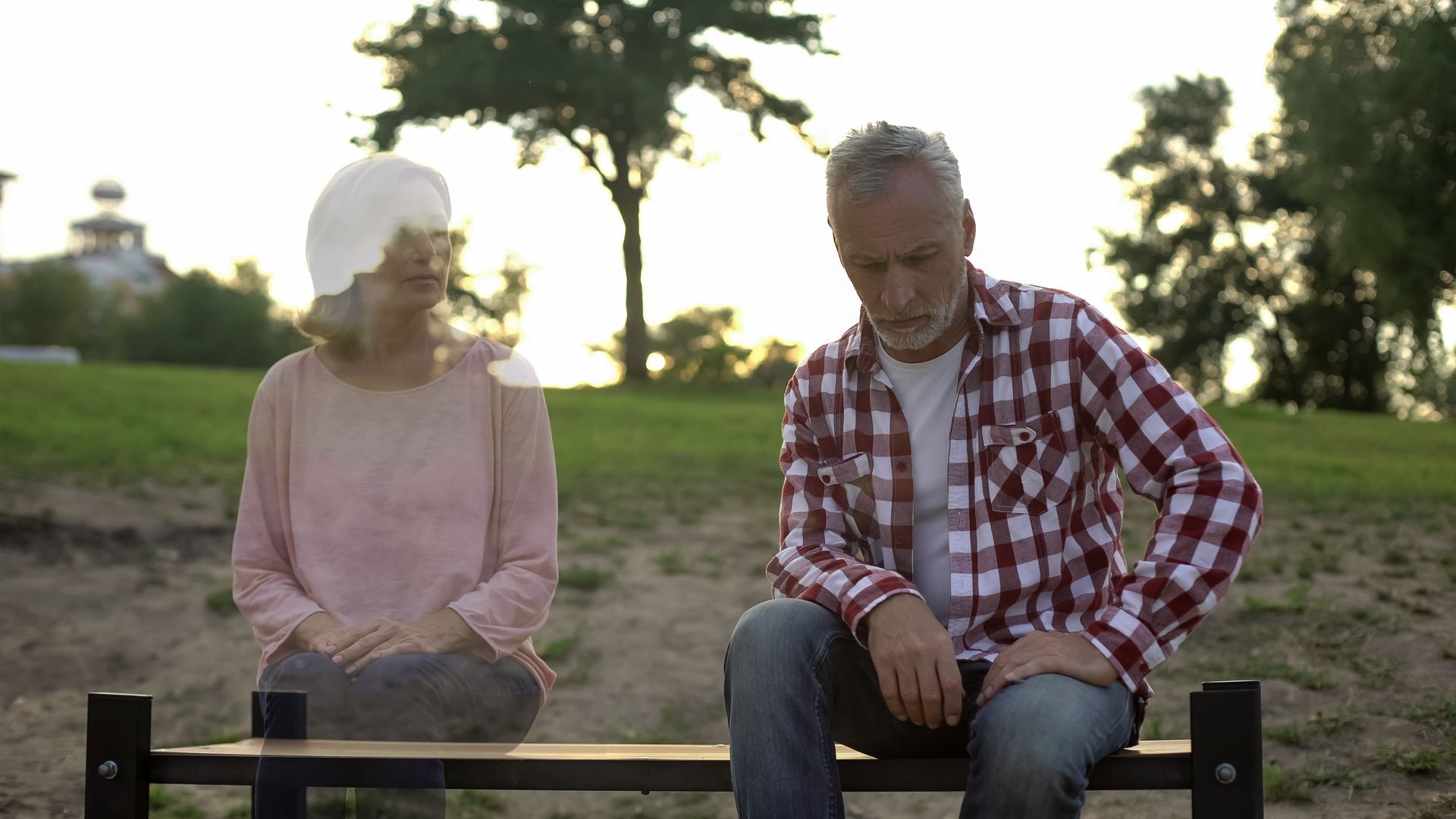Road Closed
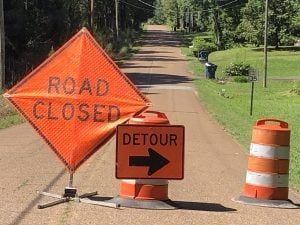
Every morning I leave my house, get into my van and drive down the driveway that’s two-tenths of a mile long, stop before entering the road, then turn right. For the last two weeks, that’s been followed by a deep breath, a great sigh, a turn into the parking lot of Tool Tech, and migration in the opposite direction. Why, you may ask? Because the manhole at the end of our street broke, or so I’ve been told. From what I understand, it’s a very important manhole and was, therefore, under a great deal of stress, at least as far as manholes go. Now it has to be repaired which seems to involve digging a crater in the street and replacing the original manhole. It also means that end of the street is blocked by sizable pieces of equipment. And trucks. Lots of trucks. I guess that’s to keep folks like me who are operating on autopilot from driving into the crater.
You’d think, after a week or two of this (or perhaps more), I’d remember to turn left at the end of the drive and take the scenic route to my destination. But it’s terribly hard—if not impossible—to break almost 25 years of habit. And probably by the time I do, they’ll have the manhole repaired/replaced and the street will be open to exiting traffic. And I will once again be forced to retrain my brain. Or at least allow it to lapse into my previous behavior.
As I sat in Tool Tech’s parking lot this morning, preparing to pull back out into the road and head north, it occurred to me that this was hopeless and I might as well just get used to making U-turns. And then it occurred to me that this was yet another real life analogy for grief. Because that’s how my mind works and I learned to accept that years ago.
If you would, just take a moment and reflect. For untold numbers of years, you’ve awakened every morning to find the same person next to you. You’ve worked beside someone on a daily basis or had someone you knew you could always call when you had good news to share . . . or bad. You’ve known that, no matter what, that someone would always be there. Perhaps it’s a spouse or a parent, a child or a sibling, even a good friend.
And then suddenly, they aren’t.
How long does it take for you not to look across the bed, expecting to see them each morning? How often do you look around the office or the plant or the whatever when you arrive, expecting to see their smiling face just waiting to greet you? How long will it be before you quit reaching for the phone when you need advice or want to include them in your news . . . or just to hear their voice and spend some time catching up?
The answer, honestly, is forever. There will always be moments when you’ll expect them to be where they will never be again, and in those moments the shock of their absence may not hit as hard as it once did, but it will still hurt.
One of these days, I’m gonna reach the end of my driveway, turn right, and proceed to my destination. There won’t be any more deep breaths and great sighs, no more U-turns and scenic routes. But for those of us dealing with loss, the construction will never really end. There will always be a need to detour. There will always be habits we have to continually change. That doesn’t mean we’ve broken under the stress. Just that someone occupied so much of our life that it can never be the same in their absence.
About the author: Lisa Shackelford Thomas is a fourth generation member of a family that’s been in funeral service since 1926. She has been employed at Shackelford Funeral Directors in Savannah, Tennessee for over 40 years and currently serves as the manager there. Any opinions expressed here are hers and hers alone, and may or may not reflect the opinions of other Shackelford family members or staff.
The post Road Closed appeared first on Shackelford Funeral Directors | Blog.
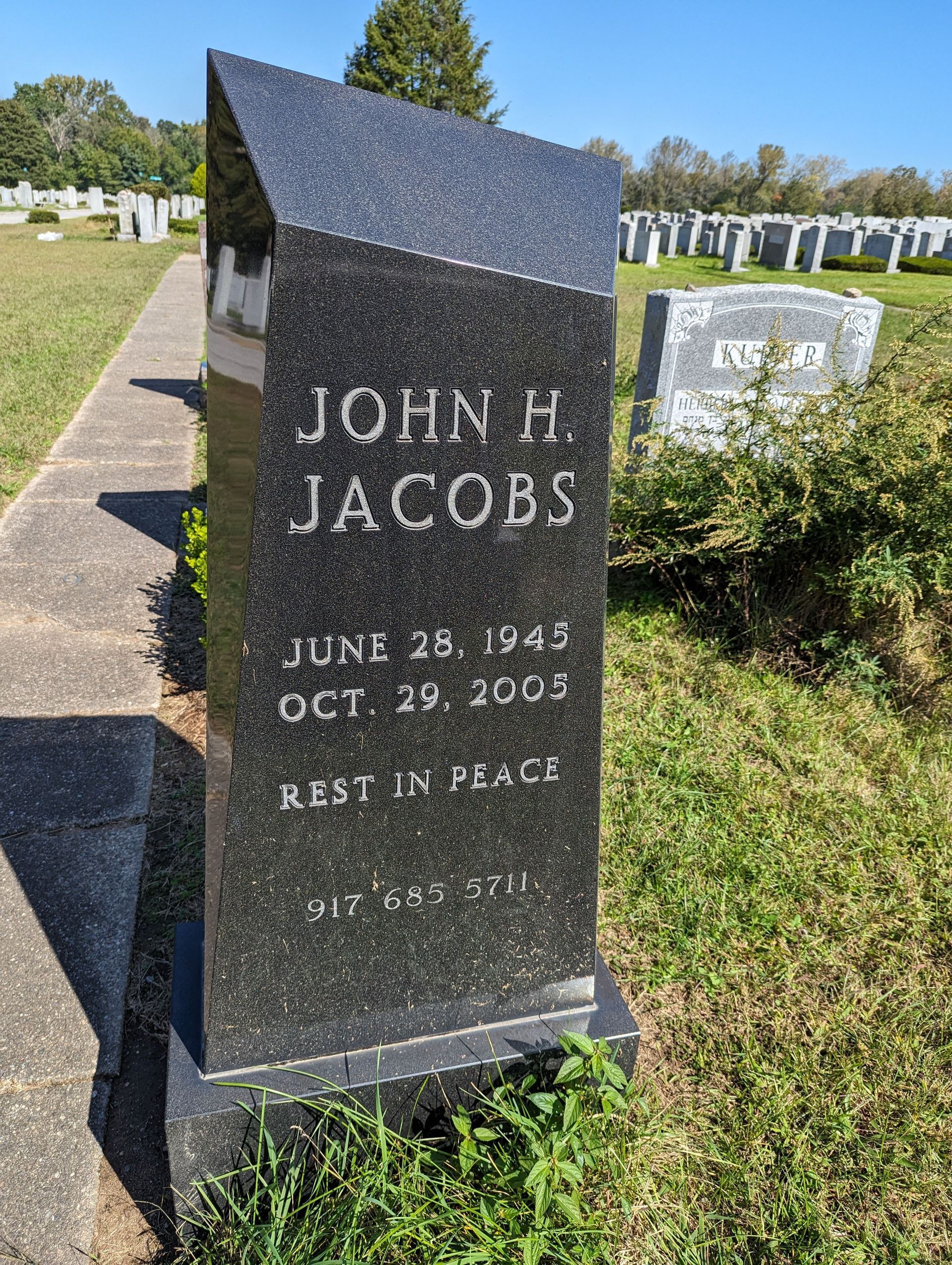
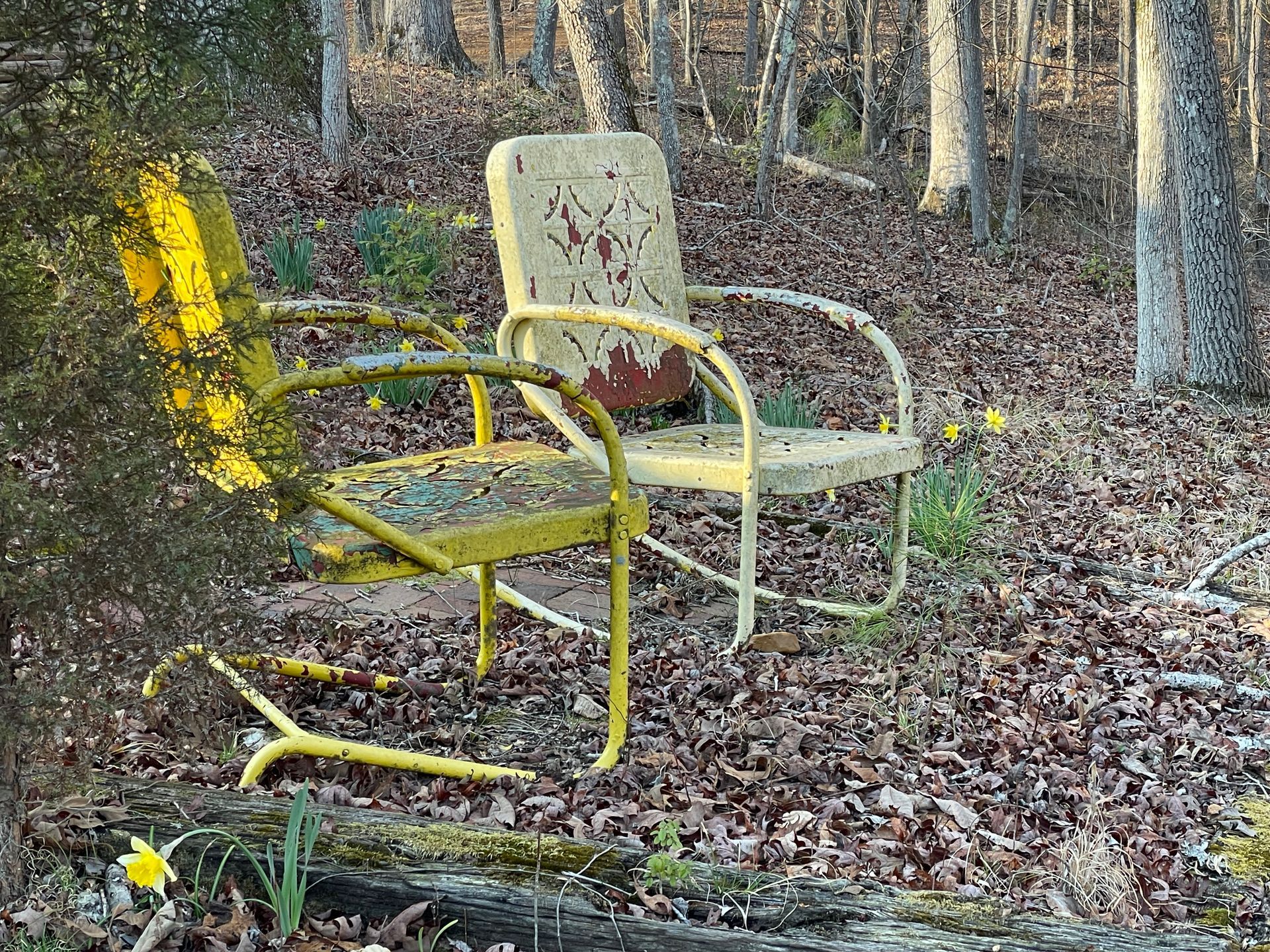
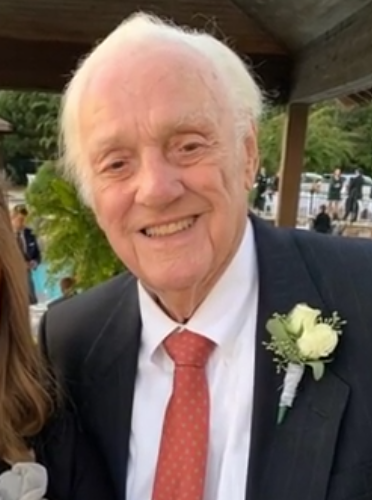
365 Days of Grief Support
Sign up for one year of grief messages designed to offer hope and healing during the difficult first year after a loss
Please wait
Verifying your email address
Please wait
Unsubscribing your email address
You have been unsubscribed
You will no longer receive messages from our email mailing list.
You have been subscribed
Your email address has successfully been added to our mailing list.
Something went wrong
There was an error verifying your email address. Please try again later, or re-subscribe.


